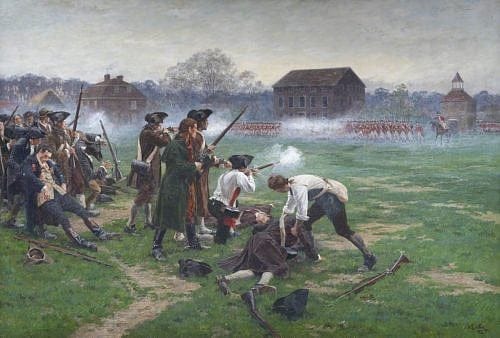Commentary

Connecticut Professor: Repeal the Second Amendment

"These senseless killings will continue as long as we have that cursed Second Amendment in the Constitution. Repeal the Second Amendment."
— Bob Englehart, adjunct professor at Eastern Connecticut State University
